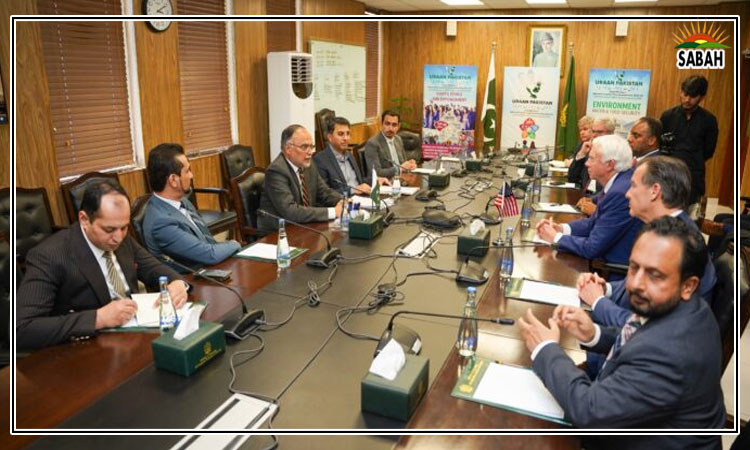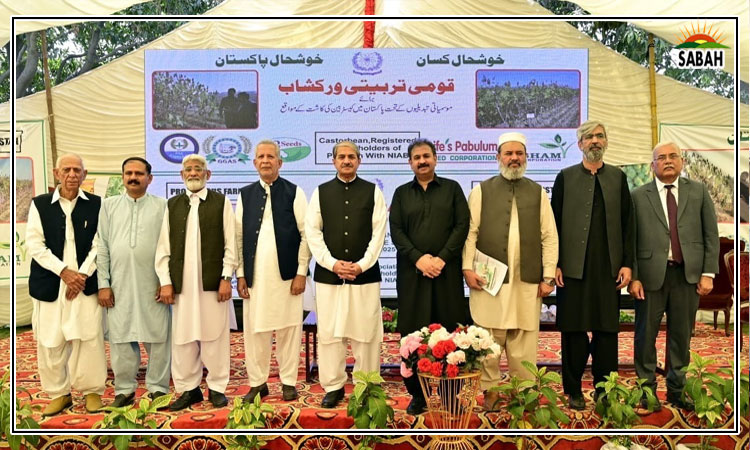Pakistan’s dark side …. Kajal Manshad
The disturbing case of a dog being thrown from a balcony in Karachi’s Liaquatabad area has captured the attention of social media, triggering widespread outrage and concern and calls for more stringent legislation and tougher punishments for those who abuse animals.
This dark side of Pakistan is not limited to this viral recorded incident but goes beyond isolated cases. Pakistan is grappling with a pressing problem of animal cruelty at all levels of our society. At rallies, political leaders use animals as party favours and bring in caged animals like lions, peacocks, and turtles, exposing them to traumatizing interactions with the public.
Overall as well, animals, particularly donkeys, horses, and mules, are treated poorly – overworked, under-fed, and beaten by owners. The confinement of animals in zoos is akin to subjecting them to abuse. Zoos in Pakistan are known for having particularly poor animal welfare and safety standards. This animal abuse is prevalent and often goes unnoticed due to indifference and callousness.
The failure of both governmental authorities and individuals to address this issue has prompted international interventions. According to a research report in 2021, every year, over 50,000 stray dogs meet a tragic fate in Pakistan, as they are culled by municipal authorities. The cities of Karachi and Lahore witness the highest rates of dog culling. In March 2021, authorities in various districts of Punjab set a chilling target to eliminate 25,000 stray dogs within 60 days. These innocent animals are often shot or poisoned and then disposed of. Many countries have halted such inhumane practices due to their brutality and the ineffectiveness of controlling rabies and other diseases.
The only existing animal rights law in Pakistan is the ‘Prevention of Cruelty to Animals Act 1890’, which was implemented during British colonial rule. This law acknowledges that animals can experience pain and suffering. However, it is antiquated and does not align with modern scientific understanding, cultural attitudes, or commercial practices about animal welfare. In 2015, the Halal Authority Act was established to ensure that animals are treated humanely during the slaughter process. The act also prohibits animals from witnessing the slaughter of one another. However, there has been minimal implementation of these regulations.
Islam places great emphasis on the humane treatment of animals, as outlined in the Holy Quran and Hadith. Both sources stress the importance of showing kindness and compassion towards all living creatures. Moreover, Prophet Muhammad (pbuh) himself advocated for the gentle treatment of animals and prohibited acts of cruelty. These teachings underscore the ethical treatment of animals and advocate for benevolence and stewardship towards all creatures, reflecting the foundational principles of Islam.
Pakistan needs to work on the animal abuse taking place within its boundaries. The anthropocentric nature of our constitution needs to be ‘ecocentric’, focusing on the broader context of ‘life.’ It is essential to champion a legal system that recognizes animals as sentient beings with the capacity to feel, rather than as mere possessions. This approach is fundamental in safeguarding the right of all living beings to flourish within their natural habitats, live by their inherent abilities, and steer clear of mistreatment and misuse. Legislation outlining welfare requirements for farm animals throughout their lives, including during rearing, transport, and slaughter is a requirement. The responsibility for improving animal welfare should be assigned to a national-level ministry, and animal welfare committees should advise the government on policies and solutions.
Local governments should allocate more funding towards implementing comprehensive neutering programs for stray dogs as a measure of population control. Additionally, a widespread public awareness campaign should be launched to educate citizens about the importance of preventing cruelty towards animals. To address the issue of homeless dogs, the government should not only establish more animal shelters but also provide support to existing ones to enable them to expand their capacity. These measures are crucial, especially in areas where there may be low interest in adopting or caring for stray dogs.
The inhumane treatment of animals held in captivity also threatens the welfare, well-being, and even the survival of entire animal species, which are essential for human life. Research suggests that there is a link between animal cruelty and a decrease in empathy for humans. Therefore, protecting animals from harm is not just a moral or religious duty but also a constitutional obligation.
The writer is a PhD candidate for politics and IR at Keele University.
Courtesy The News












